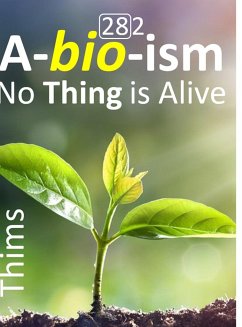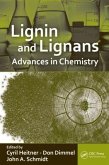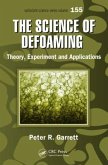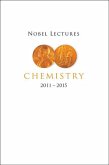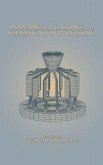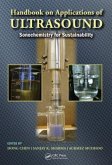With the advance of knowledge, the question of the 'existence of life', philosophically, physically, chemically, and thermodynamically, has come to be increasingly viewed as a defunct concept. In the 18th century, thinkers such as Denis Diderot and Baron Holbach grappled with the problem of how life can arise from atoms. The 19th century Goethe and John Tyndall grapple with how humans could have possibly evolved or morphed, reactively, over time, from 'dead atoms' or chemicals that 'seem so alive'? The early 20th century had Alfred Lotka (1925) declare the search for the origin of life, scientifically, a hunt for a Jabberwock, and Charles Sherrington (1938), defined life as an 'anthropism' and not recognized by physics and chemistry. Things apexed when in 1966 Francis Crick, in the wake of his DNA discovery and neo-vitalism debates, advised that we should abandon the word 'alive'. The last decade has seen six thinkers, independently, publish views to the effect that they believe that life does not exist. In 2015, Libb Thims introduced the term 'abioism' as doctrine or view that no thing is alive. This book summarizes, historically and presently, the new view that humans are not living things, but correctly heated reactive things. The book contains a 90-word Abioism Glossary, of terms that have been employed historically and presently to replace the now-defined as defunct bio-terms and life-related words.
Hinweis: Dieser Artikel kann nur an eine deutsche Lieferadresse ausgeliefert werden.
Hinweis: Dieser Artikel kann nur an eine deutsche Lieferadresse ausgeliefert werden.

